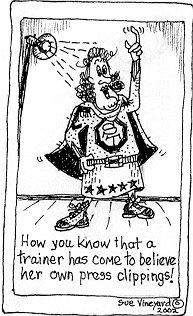VQ Sustainable Training Scheme
Hong Kong has a long history of developing volunteer services. People from all walks of life are familiar with the concept of volunteerism while a wide variety of specific volunteer opportunities have been opening up, ranging from management roles to the execution of specific projects and tasks. The quality of volunteers and the sustainability of volunteer participation have become significant concerns within many volunteer organizations. It is expected that volunteers shall be well trained and equipped with adequate knowledge and appropriate skills to serve the needy. Further, it is believed that the enhancement of volunteer competencies and increased job satisfaction will lead to a higher commitment to volunteering.
The Agency for Volunteer Service (AVS) maintains a pool of over 10,000 volunteers and, in order to address some of these issues, established its Volunteer Training and Development Centre in 2003. A new initiative of the Centre is the “VQ Sustainable Training Scheme,“ promoting “Volunteer Quotient towards Volunteer Quality” – an attempt to provide progressive training to enhance the quality of AVS volunteers as well as to sustain their commitment to and aspiration of helping others.
This article provides an overview of what VQ is, how the training is structured, the three levels of achievement, who is being trained and who is doing the training, and other elements of the pilot project underway.

